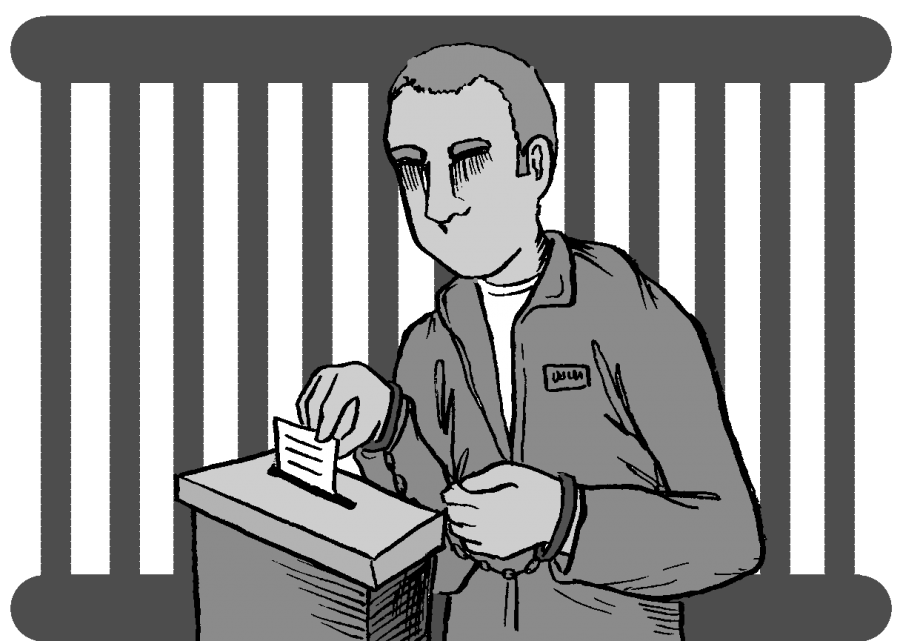Lewis Conway Jr. was convicted of voluntary manslaughter for fatally stabbing a man after a dispute at an East Austin apartment 25 years ago, a crime for which he served eight years in prison and 12 years of parole. Today, he is running for Austin City Council, and, having served his time, the law should give his campaign a fair chance.
Felons are generally allowed to run for federal office, but elected positions on the local level vary from state to state. In Connecticut, for example, a former felon can vote, run for office and serve in elected office if the person has paid all penalties or served all sentences in full and is not on parole.
In Texas, however, the eligibility requirements are far more vague. An Austin city memo stated that in order for Conway to hold local office on the state level he must have “been pardoned or otherwise released from the resulting disabilities” of his conviction. What is meant by “disabilities,” however, is unclear. For instance, Conway has served his sentence, paid his restitution and had his voting rights restored, but it is still unclear whether these are the disabilities the memo is referring to or not. Clarifying these poorly written state laws and clearing the way for others in his same situation will be the first benefit of Conway’s campaign.
The second will be challenging the stereotype that convicted criminals are somehow less human. “Children whose fathers are locked up, they need to see somebody like me on City Council,” said Conway in a recent interview with the Texas Observer. When felons get out of prison, their punishment doesn’t end. It’s harder for them to find affordable housing, especially in Austin where population increases have skyrocketed applicant competition. It’s harder for them to find jobs, even at low-paying places like Mcdonald’s. And now, it seems, it’s harder for them to run for local office. How much suffering must rehabilitated felons and their families go through until we consider their price paid? No society benefits from punishing anyone beyond what is due, especially when that person’s only wish is to serve his community.
The law should give Conway’s campaign a fair shot. Even Conway’s would be opponent, Ora Houston, agrees. “I believe in second chances,” Houston said in an interview with the Texas Observer. “He served his time.”
This, however, is not an endorsement of Conway. If you disagree with his platform or character, that’s fine. Don’t vote for him. But, bad platforms and bad characters do not legally disqualify anyone from running. The only way to distinguish between the good and the bad in the first place is to give everyone, even those who’ve made past mistakes, the opportunity to prove that they can do more to further the common good. That is, after all, the only thing that matters in the end.
Zaher is a government and European thought sophomore from Hudson.


















